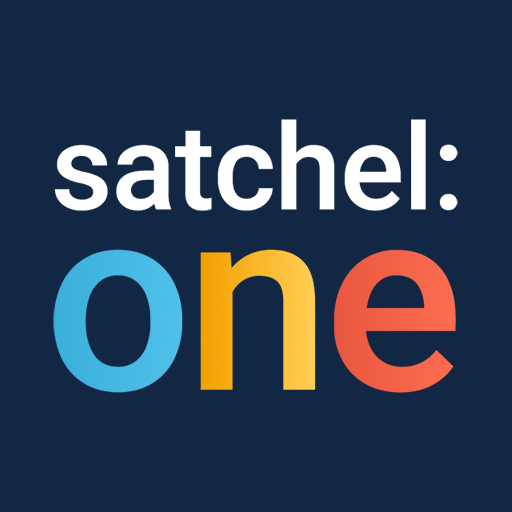English
Vision and Intent
Our curriculum intent is to nurture and develop a love of literature, language and words for all students, so that everyone experiences success. We strive to share our love of the English language, provoking critical thought and a deep appreciation of the written and spoken word. Our vision is to develop the whole person through the exploration of rich literature that will encourage empathy and creativity. By examining the human experience and considering and challenging the values and morals reflected in stories, plays and poetry throughout history, our ambition is to create life-long learners. We strive to deliver a richly balanced and diverse curriculum that is both relevant and challenging for every student. Texts are carefully selected to reflect a plethora of cultural and literary contexts, which not only meet the needs of the national curriculum but also cater to the interests and wider issues and ideals that appeal to the community of students we serve.
English seeks to empower students to take responsibility for their learning. When they write critical essays or creative pieces each student has a voice to give opinions and share thoughts drawing upon morals and values. Reading is placed at the centre of the curriculum as students are introduced to a number of challenging texts from a broad range of genres. At KS4 there is a strong academic focus in preparation for GCSE courses. This provides students with the resilience, aspiration and the opportunity to develop intellectually alongside a growth mindset.
Woodlands English curriculum will enable learners to:
-
Gain appropriate knowledge and skills that they will need in order to take advantage of opportunities, responsibilities and experiences in later life
-
Broaden and extend cultural diversity, together with deepening existing knowledge on classical texts both fiction and nonfiction
-
Read widely, discuss and develop written skills
-
Secure a love of reading, writing, speaking and listening
-
Develop ideas about cultural values
-
Develop their understanding of others, embodying empathy, sympathy and understanding
-
Developing a depth of knowledge and becoming adept at communicating in an academic register and form
-
Exploring the connections between personal experience and real world views through poetry, prose and drama
-
Providing opportunities to articulate viewpoints appropriately and convincingly to suit their audience and purpose, communicating with oral excellence and linguistic fluency
-
Responding aptly to tasks which provide opportunities to write imaginative and transactional responses that successfully engage audiences.
Subject Implementation
Skills are interlinked in terms of themes. It also seeks to meet the necessary requirements of both internal and external assessments and through the use of KS3 assessment criteria, monitoring of progress and addressing gaps in key priority groups will be more robust and effective. Rigorous monitoring of assessment and feedback will also provide ample opportunities for improvement, consolidation and progress.
The implementation of the English curriculum includes:
-
The sequencing of knowledge which enables key skills to be transferred and built upon what has been taught before
-
Opportunities to study texts in different contexts through theatre trips, external visitors, and text workshops
-
Clear links to literacy through extended writing, oracy, and key terminology, which are embedded throughout the curriculum
-
Assessments are completed every half term with every year group against the key knowledge and skills being developed in that unit. Assessments are moderated to ensure accuracy of marking and consistency across the faculty. Whole class feedback is employed in which students are required to act on the feedback received by their teacher to progress their learning and move to the next level
-
Connections with the wider school curriculum through diverse characters, thematic studies, and historical and social context
-
In depth studies of diverse cultures to gain an appreciation of the wider world
-
The development of substantive and disciplinary knowledge through regular retrieval practice and assessment
-
Making authentic links: seeing connectivity to all areas of learning including philosophy, and the world around them.
Subject Impact
Our aim, through knowledge based implementation, is to develop a rich understanding of the knowledge and skills required in the English curriculum so that this in turn impacts upon students’ long term memory and their performance in assessments, external examinations, and future careers. In terms of both content and skills, students will be directed to make connections between old and new learning and encouraged to transfer the appropriate skills within our subject and beyond. They will develop the skills to think independently, analytically, critically and creatively in order for them to succeed in each aspect of the curriculum, and the diverse nature of our schemes of work will impact their appreciation of different cultures and the wider world.
A Woodlands English student will:
-
Be able to express themselves independently, analytically, critically and creatively
-
Appreciate social and cultural diversity through a wide range of fiction and nonfiction texts
-
Express empathy and appreciate how characters and themes relate to their own lives
-
Form intellectual insights and articulate these clearly with flair and accuracy
-
Appreciate how social and historical context impacts the understanding of texts and informs authorial intent
-
Retain substantive knowledge effectively in order to apply this across each scheme of learning
-
Know and understand how to apply disciplinary knowledge across various forms of writing
-
Appreciate a writer’s use of language and methods and how these are used to demonstrate their intentions
-
Grow to be thoughtful literary enthusiasts and critical readers who also become confident and resilient learners who will be skilled in exploring core values of morality, empathy and resilience.
Click here for our English Progression Plan & Curriculum Overview



